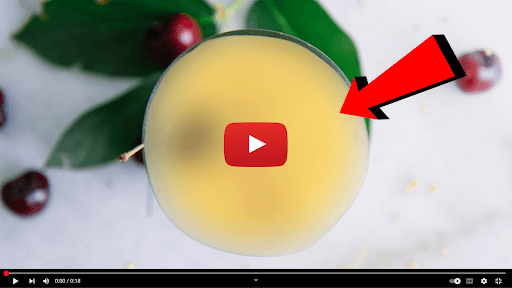7 BEST Alcoholic Drinks for Diabetics
For people living with diabetes, selecting the right type of alcoholic beverage requires careful consideration. Alcohol can significantly impact glucose levels, making it essential for diabetics to choose their drinks wisely. In this article, we highlight seven of the best alcoholic options for those managing diabetes, emphasizing responsible consumption and informed decision-making.
Whether enjoying a social evening or a family celebration, drinking alcohol affects diabetics differently. Alcohol can inhibit the liver's ability to release glucose, possibly leading to hypoglycemia, especially if consumed on an empty stomach. On the other hand, beverages high in sugar content can increase blood sugar levels, necessitating a balance in choice and moderation.
With a rich antioxidant profile and lower carbohydrate content, red wine is a healthier choice for diabetics. When enjoyed in moderation, red wine not only complements a balanced diet like the Mediterranean diet but may also support heart health.
Clear spirits such as vodka and gin offer excellent base options for cocktails without the worry of added sugars. Mix with sugar-free ingredients for a refreshing drink that doesn’t disrupt glucose management.
Known for its minimal carbohydrate content, whiskey can be enjoyed safely by diabetics as long as it is consumed without sugary mixers. Opt for serving it neat, with water, or on the rocks for better glucose control.
Favored for its lower sugar aspects, dry white wine is ideal for diabetics aiming to maintain a health-conscious lifestyle. This wine carries minimal residual sugar, making it a smarter alternative.
Opt for tequilas that are 100% agave to avoid added sugars. This option ensures an alcohol experience with nearly zero sugar impact, suitable for those managing diabetes.
A moderate amount of light beer can be part of a diabetic's lifestyle by allowing controlled carbohydrate intake. However, individuals should check the label and maintain mindfulness of consumption volume.
Careful supervision of blood sugar levels before and after consuming these beverages is crucial for diabetics. Making informed decisions about alcohol includes pairing beverages with balanced meals, which aids in balancing blood sugar levels.
Consultation with healthcare providers is highly recommended for individuals with diabetes to understand personal alcohol interactions due to medications and their overall health condition. Since individual reactions may vary, personal assessment ensures continued well-being and effective diabetes management.
"For some, even modest alcohol consumption can lead to noticeable fluctuations in blood sugar levels, while others might not experience immediate impacts."
There is evidence, such as studies linked with consuming moderate red wine, that suggests potential health benefits, including improved heart health. However, these potential perks must be measured against the risks specific to diabetic constraints involving health influences of drinks.
Navigating social settings and special occasions with appropriate drink choices allow individuals with diabetes to enjoy life mindfully aligning with health management objectives. Recognizing responsible enjoyment options like red wine or vodka shapes healthier living.
We invite you to explore further guides on balancing flavorful choices with health considerations on our channel for empowering transformations toward a diabetes-conscious diet. Let's raise a glass to embracing a healthier lifestyle sustained by informed decisions.
From Around The Web
Wellness Inbox is a blog & weekly newsletter that curates trending news and products related to health and wellness from around the web. We also gather content from various sources, including leading health professionals, and deliver it directly to you.
Please note that we may receive compensation if you purchase any products featured in our newsletter. Wellness Inbox is not affiliated with, nor does it endorse, any health professionals whose content may appear in our newsletter. The information provided is for general informational purposes only and should not be considered medical advice.
The information provided is not intended to replace professional medical advice, diagnosis, or treatment. All content, including text, graphics, images, and information available is for general informational purposes only. We do not guarantee the accuracy or completeness of any information presented and assume no liability for any errors or omissions. The content is subject to change without notice. We encourage you to verify any information with other reliable sources and consult your physician regarding any medical conditions or treatments.







